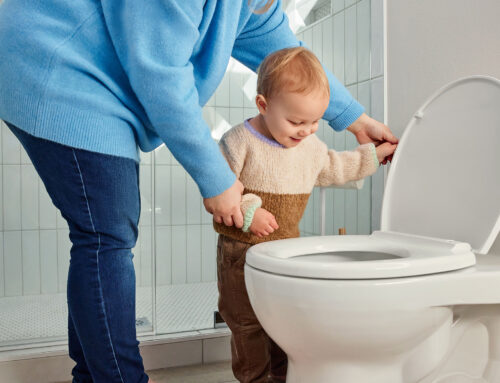Multiple Births: Risks and Treatment
What are the risks associated with multiple births?
Multiple births, such as twins, triplets, or higher-order multiples, carry some risks for both the mother and the babies. These risks can vary depending on the number of babies and other factors. Some of the risks associated with multiple births include:
- Premature birth: Multiple pregnancies are more likely to result in premature birth, which increases the risk of complications for the babies, such as respiratory distress syndrome, jaundice, and infections.
- Low birth weight: Twins, triplets, and higher-order multiples are more likely to be born with low birth weight, which can increase the risk of health problems and developmental delays.
- Gestational diabetes: Women carrying multiples have a higher risk of developing gestational diabetes, which can affect the health of both the mother and the babies.
- Preeclampsia: Women carrying multiples are at a higher risk of developing preeclampsia, a serious condition characterized by high blood pressure and protein in the urine.
- Placental problems: Multiple pregnancies are associated with an increased risk of placental problems, such as placental abruption or placenta previa, which can lead to complications for both the mother and the babies.
- Cesarean delivery: Women carrying multiples are more likely to require a cesarean delivery, which carries its own risks and longer recovery time compared to vaginal delivery.
- Postpartum hemorrhage: Women carrying multiples are at a higher risk of postpartum hemorrhage, which can occur due to the larger size of the uterus and the higher likelihood of placental problems.
- Emotional and financial stress: Raising multiple children at once can be emotionally and financially challenging for families, requiring more resources and support.
It’s important for women carrying multiples to receive regular prenatal care and to discuss any concerns or risks with their healthcare provider. With proper care and monitoring, many women with multiple pregnancies have successful outcomes for both themselves and their babies.
How to prevent complications from multiple births?
Preventing complications from multiple births involves careful monitoring and management of the pregnancy, as well as taking steps to promote the health and well-being of both the mother and the babies. Here are some ways to help prevent complications from multiple births:
- Regular prenatal care: It’s important for women carrying multiples to receive regular prenatal care from a healthcare provider experienced in managing multiple pregnancies. This can help identify and manage any potential complications early.
- Healthy lifestyle: Eating a nutritious diet, staying physically active (as recommended by your healthcare provider), and avoiding harmful substances such as alcohol and tobacco can help promote a healthy pregnancy.
- Monitoring for complications: Women carrying multiples may need more frequent monitoring for complications such as gestational diabetes, preeclampsia, and placental problems. Regular ultrasounds and other tests can help monitor the growth and development of the babies.
- Bed rest: In some cases, healthcare providers may recommend bed rest or reduced activity to help prevent preterm birth or other complications.
- Medications: Women at risk of preterm labor may be prescribed medications to help prevent or delay labor and reduce the risk of complications for the babies.
- Cesarean delivery: In many cases, women carrying multiples will deliver via cesarean section to reduce the risks associated with vaginal delivery, such as injury to the babies during delivery.
- Preparation for postpartum care: Planning for the care of the babies after birth, including support from family and friends, can help reduce stress and improve outcomes for both the mother and the babies.
It’s important for women carrying multiples to work closely with their healthcare provider to monitor their pregnancy and manage any potential complications. With proper care and monitoring, many women with multiple pregnancies can have successful outcomes for both themselves and their babies.




